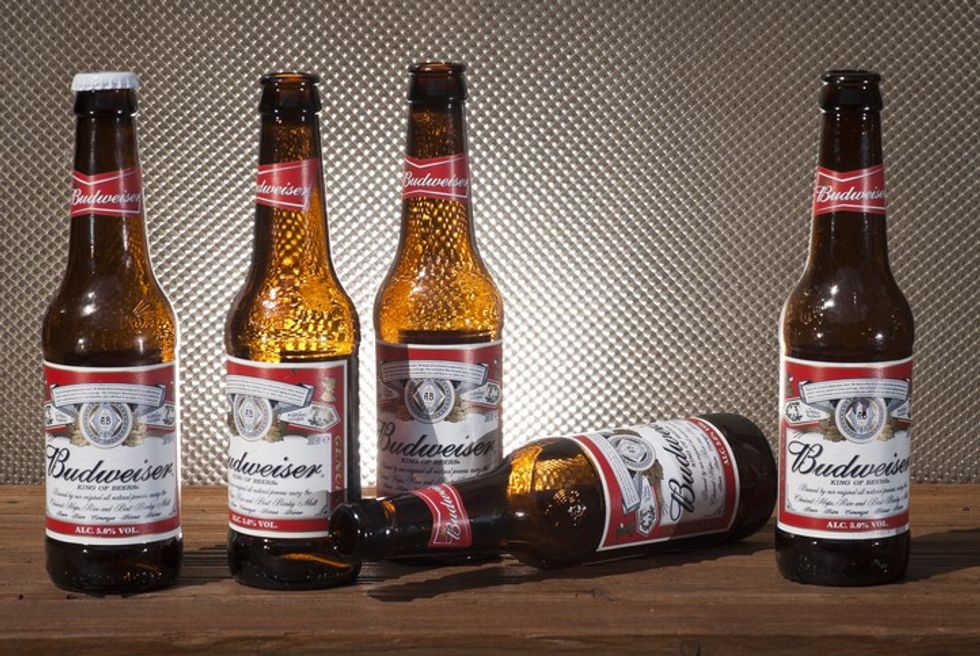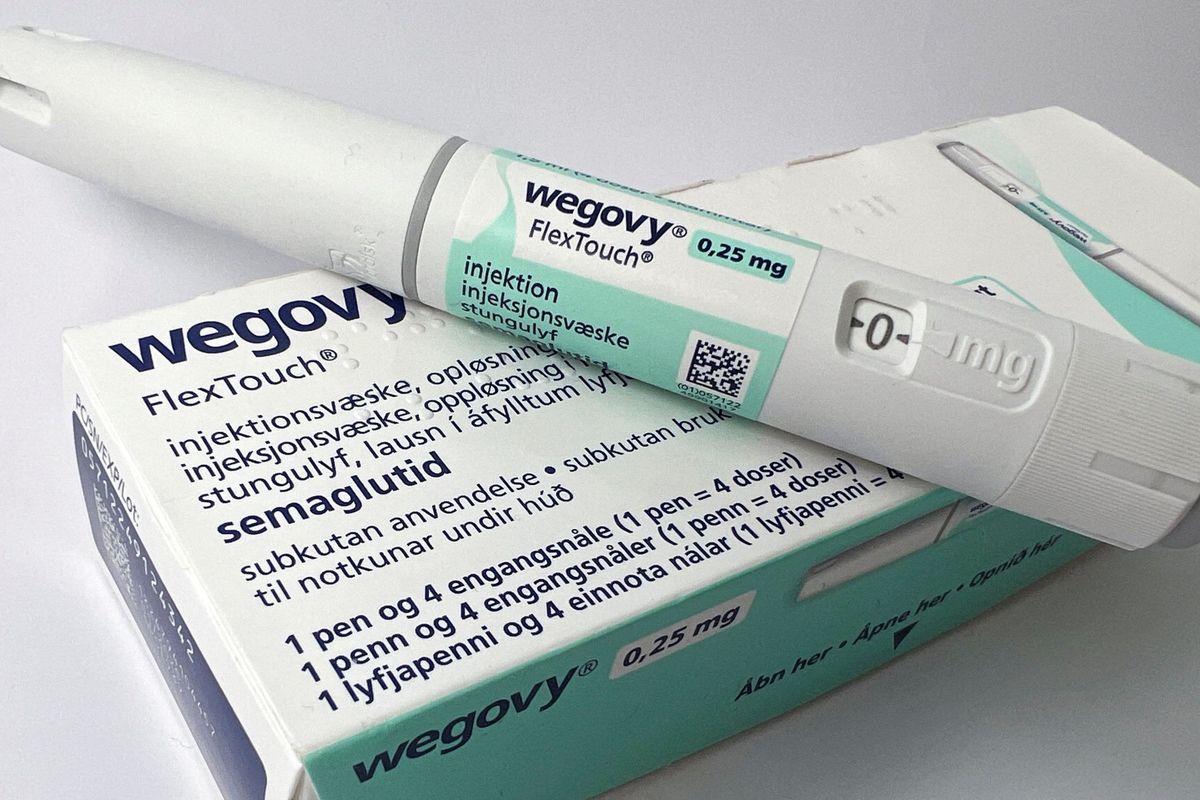Global brewers AB InBev and Carlsberg this week played down concerns among some investors that demand for weight-loss drugs may lead to a sharp drop in beer drinking.
Huge demand for new treatments such as Novo Nordisk's Wegovy has prompted questions about the implications for a range of industries, including brewers, and sparked share sell offs in companies involved in everything from food to healthcare.
Surveys of current users offer some anecdotal evidence that the drugs dull their appetite for more than just food, with drinks and even tobacco potentially affected. Some respondents have reported reducing or cutting out alcohol altogether.
But AB InBev chief executive Michel Doukeris likened the concerns to others, such as how cannabis could disrupt various sectors, which he said were often short-lived.
"Two years down the road and that conversation is gone," he said in an interview after AB InBev's results on Tuesday, adding that forecasts showed beer drinking would rise.
While the world's biggest brewer was watching the data carefully, it was too limited to draw conclusions, he added.
Carlsberg's new chief executive Jacob Aarup-Andersen said on Tuesday that the world's third largest brewer had seen no "significant change" so far as a result of the use of weight-loss drugs, and that retailers had not mentioned any impact.
"It's early days and we can be proven wrong, but we are relaxed about it," he told Reuters after a trading update.
Both CEOs said their portfolios include low-calorie and low-carbohydrate beers, while they also have significant businesses in markets where obesity is less of an issue than in those where demand for weight-loss drugs is exploding.

A bottle of AB InBev's Budweiser has around 116 calories, while one can of its zero-alcohol version has just 46. The World Health Organization (WHO) recommends a healthy adult should consume between 2,000 and 2,400 calories per day.
The WHO says alcohol consumption is a causal factor in more than 200 diseases, injuries and other health conditions.
As a result, brewers face more immediate threats than weight loss drugs from regulators and lawmakers which are aimed at limiting consumption, such as higher taxes and health warnings.
Glass half full?
One reason that Wegovy, the first highly effective weight-loss drug to market, and similar medications have triggered concerns is that they belong to a class called GLP-1 agonists.
These were originally developed to treat type 2 diabetes, but in addition to controlling blood sugar levels, they affect hunger signals to the brain and slow the rate at which a person's stomach empties, making them feel full for longer.
Some clinical trials on rodents have found treatment with GLP-1 agonists reduces alcohol consumption, eases symptoms of alcohol withdrawal and more.
Clinical trials with humans are limited and largely focused on people with alcohol use disorder, rather than consumption generally. A number are still underway.
One trial looking at the impact of a different GLP-1 agonist on alcohol intake among humans showed mixed results. It decreased total alcohol consumption for some, but not others.
Nevertheless, some investors are worried about the potential impact on brewers if such drugs reduce overall consumption.
"You have to drink something, but you don't have to drink beer," said Moritz Kronenberger, portfolio manager at Germany's Union Investment, adding he wants more proactive communication on the topic from the brewers, and more of their data.
Brewers could try to leverage relationships with big retailers to access data, Janus Henderson portfolio manager Tom O'Hara said, although any negative impact was likely to be small given brewers' diversified footprints and growth prospects.
"They shouldn't be complacent to it but equally they shouldn't worry too much," O'Hara said.
Overweight
With more than 650 million adults worldwide categorised as obese by the WHO and 1.3 billion more overweight, more than half a dozen big and small drugmakers are working on products similar to Wegovy.
Since its launch in 2021, Wegovy has been flying off the shelves in the US, where 40 per cent of the population is categorised as obese.
AB InBev has a big US business, but earns more revenue in the Middle Americas and has a large footprint in countries like Brazil. For Carlsberg, Asia, driven by China, represents its second-largest region by revenue, while the Danish brewer does not sell in the US.
Such emerging markets often have lower obesity rates, while weight-loss drugs are unlikely to be available or affordable there any time soon.
(Reuters)


